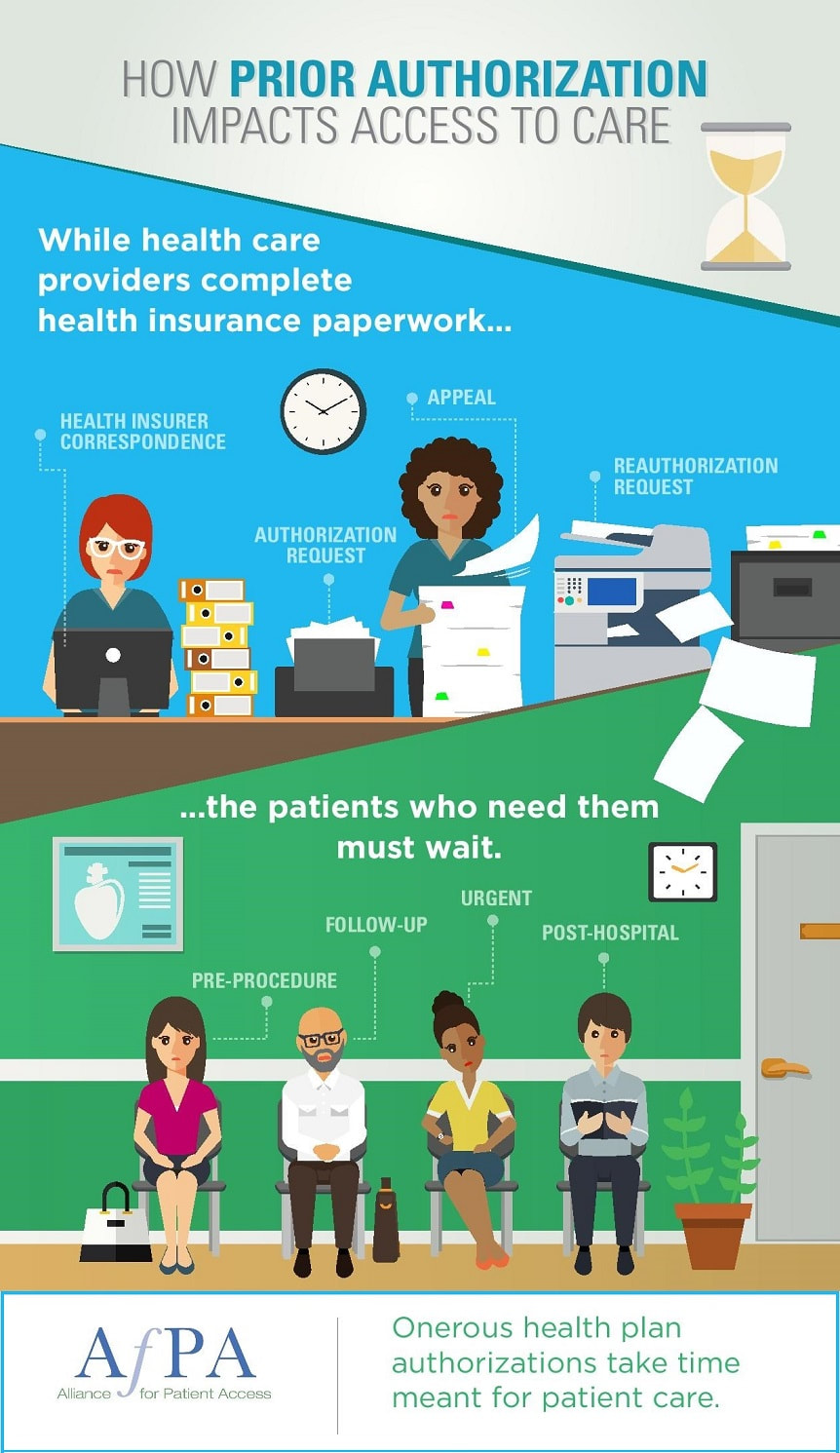News
|
Shape Divider - Style fan_opacity
|
4 Common Mistakes That Can Inflate Your Practice’s A/RHow to Avoid Claim Denials, Errors and
|
Contact Information
Address2150 Lelaray Street
Colorado Springs, CO 80909 P.O. Box 140 Colorado Springs, CO 80901 |
ContactPhone: (800) 266-3809 / (719) 634-3760
Email: [email protected] Business Hours: Monday – Friday, 8am – 5pm Closed Sat/Sun |
Other Information |
Click to set custom HTML
©
2022 Reliant Financial Services LLC







